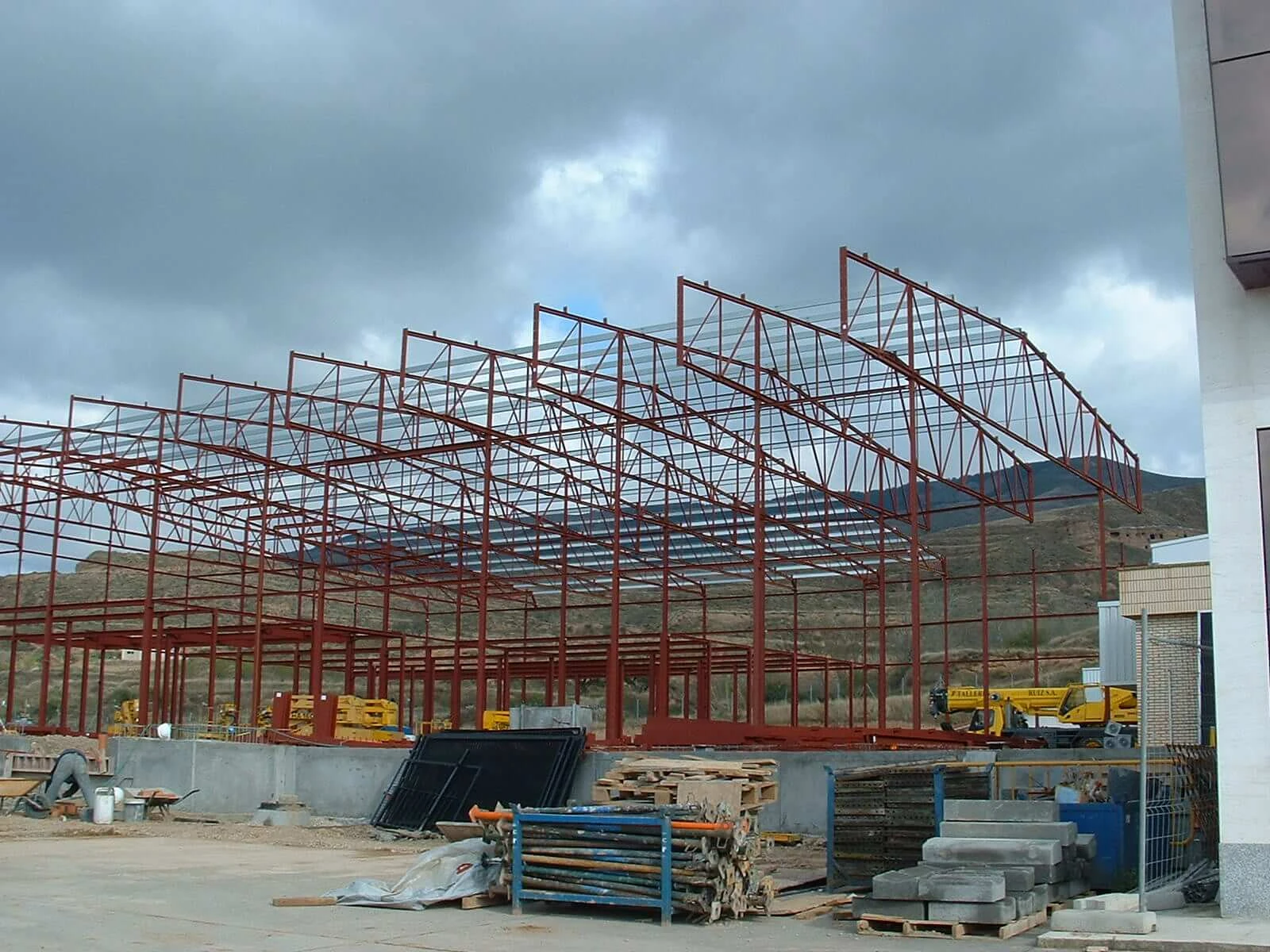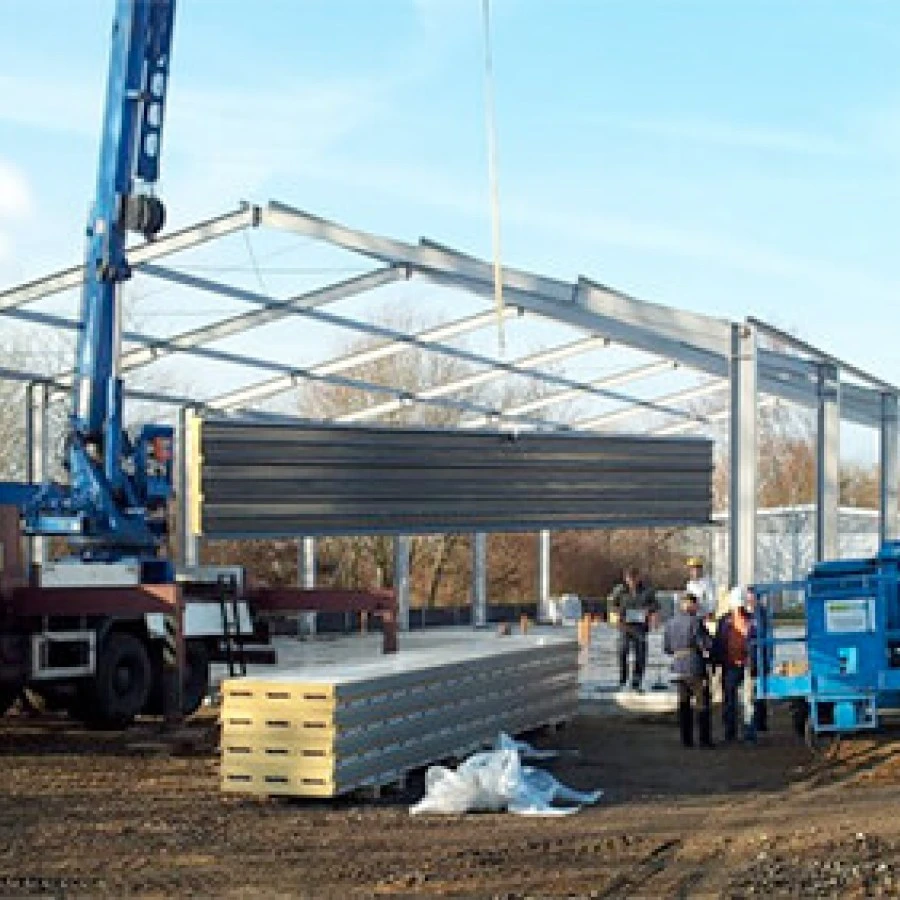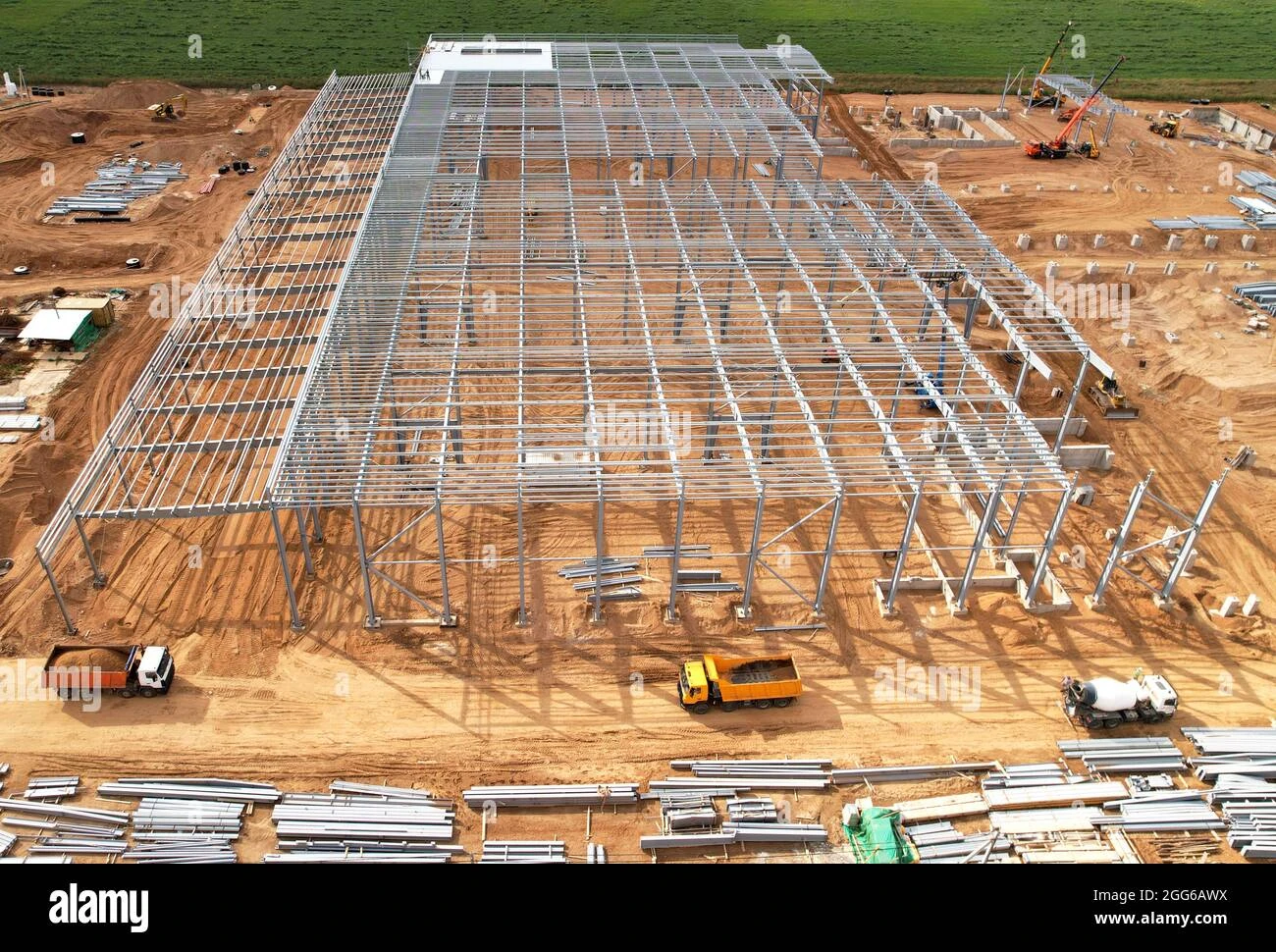- Afrikaans
- Albanian
- Amharic
- Arabic
- Armenian
- Azerbaijani
- Basque
- Belarusian
- Bengali
- Bosnian
- Bulgarian
- Catalan
- Cebuano
- Corsican
- Croatian
- Czech
- Danish
- Dutch
- English
- Esperanto
- Estonian
- Finnish
- French
- Frisian
- Galician
- Georgian
- German
- Greek
- Gujarati
- Haitian Creole
- hausa
- hawaiian
- Hebrew
- Hindi
- Miao
- Hungarian
- Icelandic
- igbo
- Indonesian
- irish
- Italian
- Japanese
- Javanese
- Kannada
- kazakh
- Khmer
- Rwandese
- Korean
- Kurdish
- Kyrgyz
- Lao
- Latin
- Latvian
- Lithuanian
- Luxembourgish
- Macedonian
- Malgashi
- Malay
- Malayalam
- Maltese
- Maori
- Marathi
- Mongolian
- Myanmar
- Nepali
- Norwegian
- Norwegian
- Occitan
- Pashto
- Persian
- Polish
- Portuguese
- Punjabi
- Romanian
- Russian
- Samoan
- Scottish Gaelic
- Serbian
- Sesotho
- Shona
- Sindhi
- Sinhala
- Slovak
- Slovenian
- Somali
- Spanish
- Sundanese
- Swahili
- Swedish
- Tagalog
- Tajik
- Tamil
- Tatar
- Telugu
- Thai
- Turkish
- Turkmen
- Ukrainian
- Urdu
- Uighur
- Uzbek
- Vietnamese
- Welsh
- Bantu
- Yiddish
- Yoruba
- Zulu
ធ្នូ . 29, 2024 09:41 Back to list
Industrial Building Design Merging Function with Aesthetics
Industrial building design has evolved significantly over the years, reflecting advancements in technology, changes in manufacturing processes, and shifting societal needs. This branch of architecture focuses not only on the structural integrity of these buildings but also on their functionality and aesthetic appeal. As the industrial landscape undergoes transformation, so too does the approach towards designing industrial spaces.
The Importance of Functionality
At the heart of industrial building design is functionality. Industrial facilities must accommodate complex processes, heavy machinery, and large-scale operations. The layout of these buildings is crucial in achieving efficiency. For example, a well-designed manufacturing plant will clearly delineate spaces for production, storage, maintenance, and administrative tasks. Open floor plans are often employed to maximize flexibility, allowing companies to adapt spaces as their operational needs change.
Additionally, considerations such as the flow of materials and personnel are vital. Designers must think critically about how goods move through a facility, from raw material intake to finished product distribution. Implementing a streamlined workflow reduces delays and increases overall productivity.
Sustainability in Industrial Design
Sustainability has become a key focus in industrial building design. Many industries are striving to reduce their environmental impact, and architects are responding by incorporating sustainable practices into their designs. This includes the use of eco-friendly materials, energy-efficient systems, and designs that maximize natural light.
For instance, integrating solar panels, rainwater harvesting systems, and green roofs can significantly decrease a facility's carbon footprint. Moreover, the orientation of the building plays an essential role in energy efficiency. Strategic placement relative to the sun’s path can minimize heating and cooling costs, further aligning with sustainability goals.
industrial building designin

Aesthetic Considerations
While functionality and sustainability are paramount, aesthetics should not be overlooked. Modern industrial buildings are often designed to be visually appealing, breaking away from the traditional, utilitarian style. The use of innovative materials, interesting façades, and thoughtful landscaping can create a striking presence that reflects a company’s brand and values.
Incorporating elements such as large windows allows natural light to flood interior spaces, enhancing the working environment and promoting employee well-being. An appealing aesthetic can also have a positive impact on employee morale and productivity, making it an essential consideration in the design process.
Technological Integration
The integration of technology in industrial building design is transforming how facilities operate. Smart building systems enable real-time monitoring of energy consumption, temperature control, and equipment performance. This data-driven approach helps organizations optimize resource use and enhance operational efficiency.
Furthermore, advancements in construction technologies, such as 3D printing and modular construction, allow for quicker and more cost-effective building processes. These technologies enable architects and builders to create more complex and efficient designs, catering to the specific needs of various industries.
Conclusion
In summary, industrial building design is a multifaceted discipline that goes beyond basic construction. It involves a delicate balance between functionality, sustainability, aesthetics, and technological integration. As the industrial sector continues to evolve, so too will the demands placed on architects and designers. Embracing these challenges will lead to the creation of innovative spaces that not only meet the operational needs of businesses but also contribute positively to the environment and society at large. The future of industrial building design will undoubtedly be shaped by these driving forces, leading to spaces that are not only functional but also sustainable and inspiring.
-
Cold Formed Steel Residential Framing
NewsMay.21,2025
-
Innovative Steel Structure Building Solutions
NewsMay.19,2025
-
Innovative Prefab Metal Shed Solutions
NewsMay.19,2025
-
Durable Steel Horse Shelter Solutions
NewsMay.19,2025
-
Durable Metal Shed Solutions
NewsMay.19,2025
-
Durable Big Metal Shed Solutions
NewsMay.19,2025
Products categories
Our Latest News
We have a professional design team and an excellent production and construction team.












